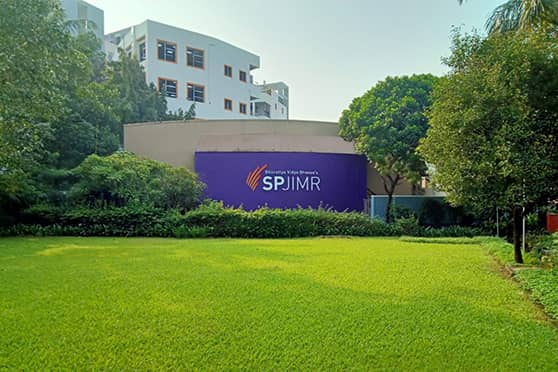Impact of inflation on SMEs greater than government estimate, reveals SPJIMR study


The impact of inflation on small and medium family enterprises is far greater than what is suggested by the current retail or wholesale inflation rates estimated by the government, a study by Mumbai-based SP Jain Institute of Management and Research (SPJIMR) has highlighted.
The study, undertaken by SPJIMR's Centre for Family Business and Entrepreneurship (CFBE), found that a vast majority of small and medium family enterprises have experienced a significant rise in their operating cost and are responding with a price hike to avoid losses – a strategy that may not be sustainable.
The study also recommends policy prescriptions to mitigate the disproportionate risk being borne by the small and medium enterprises (SMEs).
The average increase in operating costs reported by small and medium family enterprises is 19.5% which is far above the current retail and wholesale inflation rates of 6.07% and 13.11% respectively estimated by the government.
Manufacturing enterprises seem to be bearing the brunt of the cost increases, reporting an average cost increase of 24%, whereas service enterprises reported an average cost increase of 14.4%. This would impose a strain on an economic strategy that relies on a manufacturing-led industrial recovery, the study found.
Moreover, businesses located in North and Western India seem to have had cost increases more than those in the rest of India, it added.
The study, undertaken to highlight the inflationary risks to Indian small and medium family enterprises, examined factors contributing to inflation, responses to inflation and expectations regarding future inflation. The study was conducted from March 18-25, and involved 170 respondent family enterprises located across 65 Indian cities.
The SMEs surveyed for the study attributed their rising operating costs to increase in the prices of raw materials, fuel, and labour. While raw material price increases are affecting both the manufacturing and service sectors, the rise in fuel and labour costs is having a greater impact on the SME service sector than on the SME manufacturing sector
About 83% of the respondents have responded to such cost increases by increasing their prices. Enterprises have also improved their receivable collections and cash flow cycles through renegotiating contracts. They have, however, not pursued grammage reductions or quality reductions as responses to rising costs. The study also found that the SMEs expect costs to continue rising over the next three to twelve months, with a majority of the enterprises planning to increase prices in the next three months.
"Our survey reveals the large and unsustainable impact of raw material cost inflation on Indian family enterprises. While most family SMEs are mimicking large corporations by raising prices and passing on cost increases to their customers, we question whether SMEs have the required branding and pricing power to sustain this approach," said Tulsi Jayakumar, executive director, CFBE and author of the report.
The Reserve Bank of India (RBI) will need to extend special credit lines to the SME sector, said Jayakumar, adding that in the short-term, the government should consider placing a price cap and/or providing subsidies on the energy and fuel consumed by the SME sector.
“Over a longer term, SME advocacy and capability-building groups will need to work with SMEs to help them increase their branding and pricing power and improve resilience in the face of global uncertainties," she added.